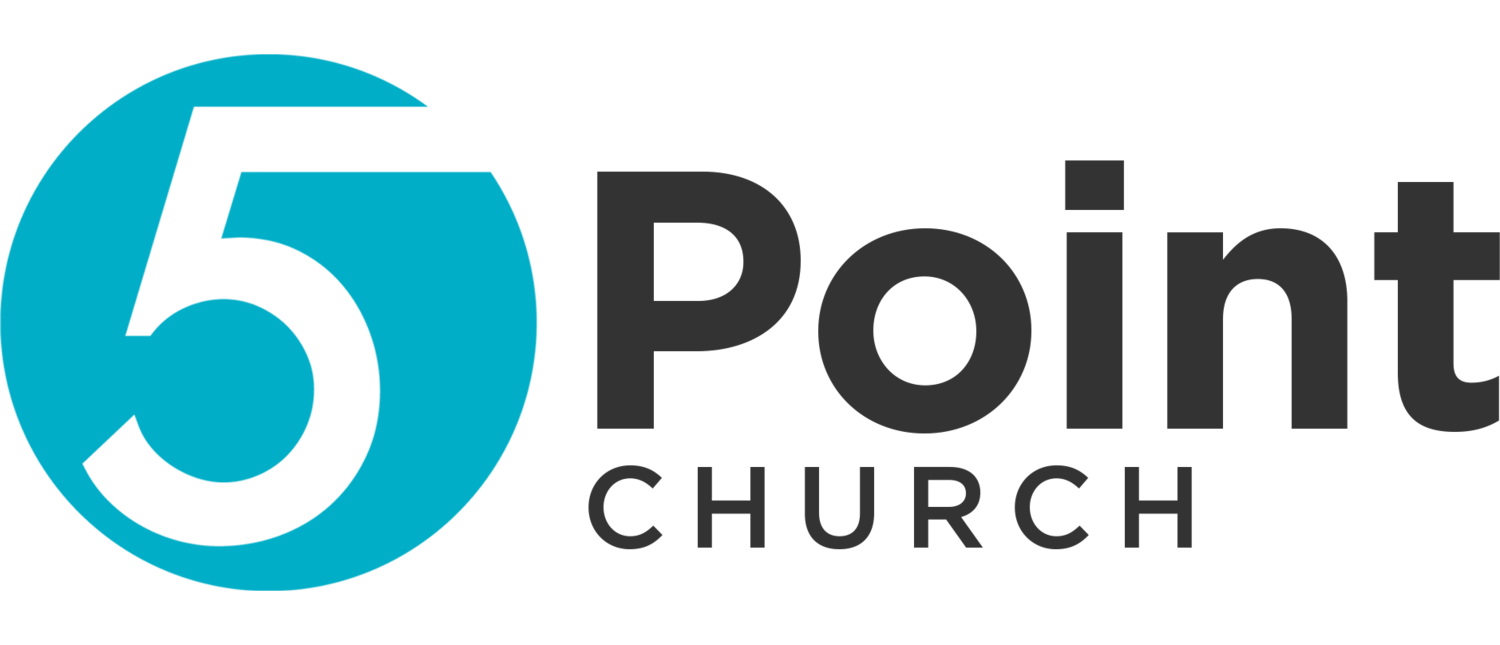Book of John: Introduction
This week we kicked off a new series through the Gospel of John, and Pastor shared how easy it is to lose focus—like that simple missed putt in a father–son golf game that cost the top prize by one stroke. Many of us carry frustration, disappointment, and pain from the past, and those things can distract us from who we are in Christ and what He’s calling us to do. The heart of this series is to help us refocus—not on what went wrong, but on Jesus: who He is, what He has done, and what He wants for our lives. John writes into a world shaped by Jewish Scripture, Greek thought, and Roman culture, and he speaks in a way that each audience can hear. For the Jews, he anchors in the Old Testament promises; for the Greeks, he uses the idea of the Logos—divine wisdom and God’s self-expression; and for the Romans, he’s clear and direct. His mission is simple and powerful: to show that Jesus is the Son of God so that, by believing, we have life in His name.
We looked back at how all of Scripture points to Jesus. Moses prophesied that God would raise up a prophet like him (Deuteronomy 18:15), Malachi foretold a messenger preparing the way and a “sun of righteousness” rising with healing, and then Jesus came—born in 3 BC and revealing His identity publicly around AD 27. Jesus fulfilled prophecies (born of a virgin in Bethlehem, ministering in Galilee, entering Jerusalem on a donkey), performed undeniable signs and wonders, claimed unity with the Father (“I and the Father are one” in John 10:30), lived a sinless life (Hebrews 4:15), and conquered sin and death through the cross and resurrection. Even so, many didn’t believe because their expectations were off: they wanted political power, struggled with His humble background, resisted His challenge to religious hypocrisy, and stumbled over the seeming curse of the cross. But Jesus came to establish a different kind of kingdom—one that transforms hearts and lives.
Opening John 1, we were reminded that Jesus is the Word—God’s voice and heart revealed, His self-expression in a person. “In the beginning was the Word, and the Word was with God, and the Word was God.” Jesus speaks with the authority of the One who created by speaking, and His words still calm storms, heal the sick, and feed thousands. He is also the Creator: “All things were made through Him,” which means you’re not an accident—He knew you, chose you, and formed you with purpose. And Jesus is the Light: His life is the light that shines in the darkness and cannot be overcome. John the Baptist steps on the scene not to steal attention, but to point to Jesus—“Behold, the Lamb of God who takes away the sin of the world.” The Word became flesh and “dwelt among us,” bringing grace and truth up close and personal. In a dark world, even a few lights make a noticeable difference—imagine the impact if all of us truly shine where we live, work, and serve. What you think about Jesus will shape how you live; love for Him naturally leads to time in His Word, prayer, generosity, and a life that reflects His heart.
Discipleship next steps:
Read John 1–3 this week. As you read John 1:1–18, replace “the Word” with “Jesus” and let the weight of those claims sink in.
Reflect on Ephesians 1:3–14 and thank Jesus that He thought of you before creation, adopted you, and called you to be holy and blameless.
Pray daily: “Holy Spirit, help me hear, receive, and live Your Word. Jesus, you are the Word, my Creator, and my Light—help me walk in your light today.”
Journal what you learn about Jesus—His identity, mission, and heart for people—and identify one concrete step of obedience (serve someone, reconcile a relationship, start a simple Bible reading habit).
Share the light with one person in “darkness” (confusion, hurt, unbelief): listen to their story, pray with them, and share how Jesus has changed you.
